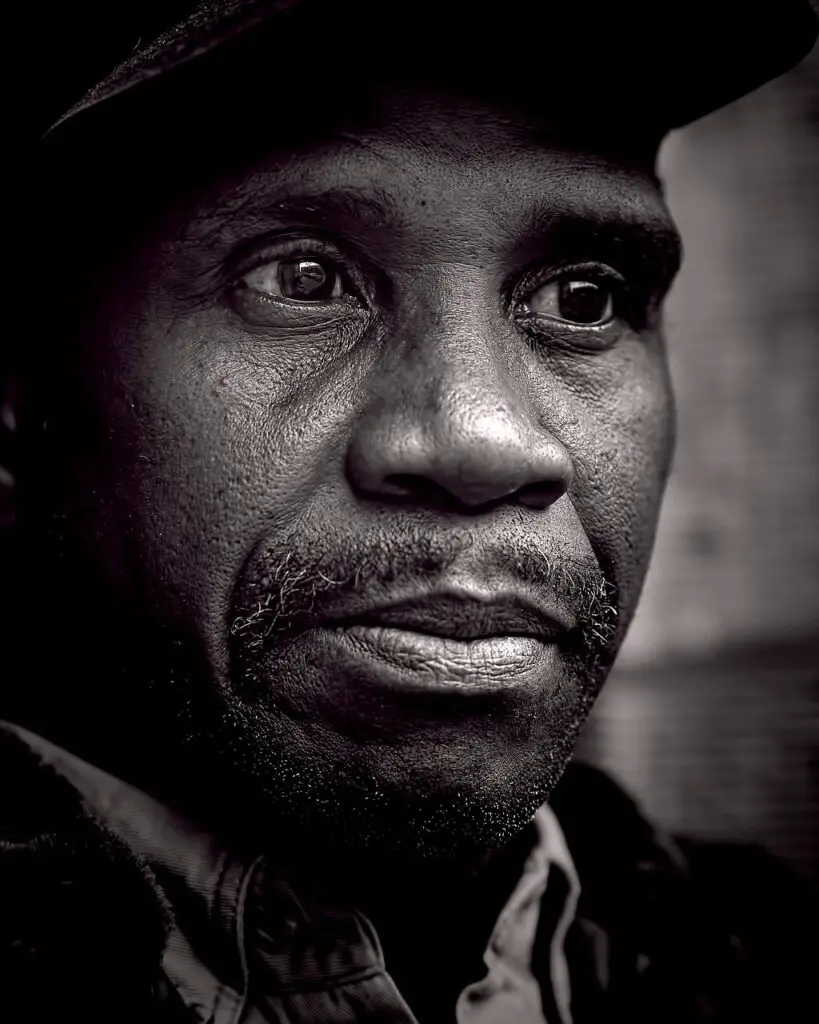-
An Interview with Dr. Noel Packard: Survey of a Cluster of Pre-Internet Networks
In this exclusive interview Dr. Noel Packard – guest editor of an issue of American Behavioral Scientist entitled “Survey of a Cluster of Cold War Networks” which has been renamed “Survey of a Sample of Cold War Networks”. She discusses her research on Cold War-era military networks, their role in shaping today’s global communication systems,…
-
Meet the Professor: Dr. Stephanie Wilson, Sociologist, Educator, and Co-founder of Applied Worldwide
Stephanie: Sociologist, Creator, Researcher 2. As a co-founder of Applied Worldwide, could you briefly explain the organization’s mission? Stephanie: Our mission is to build a bridge between the discipline of sociology and everyday life to improve the well-being of society. As a sociologist, I see endless ways that sociological knowledge could benefit society, but our…
-
Interview with Assistant Professor Katie Durante, University of Utah, Department of Sociology
1. If you had to describe yourself in three words, what would they be? Integrity, light-hearted, responsible 2. Can you discuss some of your key findings regarding racial and ethnic inequality in the criminal legal system and how it has evolved over the years? One of the areas of research I focus on is racial…
-
An Interview with Jaime Grunfeld, LMHC, Author or Aliya, The Girl From Ukraine.
Short Bio: Jaime Grunfeld, LMHC, was born and raised in Sao Paulo, Brazil, where his parents, who lived in Hungary, fled after its invasion by the Nazis. As a teenager, he came to study at Yeshiva in Westchester County, NY, where he graduated in Talmudic Law. Returning to Brazil, he married and joined the family’s…
-
Interview with Dr. Christina Jackson: Insights into Sociology, Activism, and the Journey Ahead
Short Bio: Dr. Christina Jackson, an Associate Professor of Sociology at Stockton University, specializes in urban sociology, social welfare, and inequality from sociological and public health perspectives. Beyond academia, she’s an engaged scholar-activist, facilitating and consulting with community partners and creative groups on topics like anti-violence, gentrification, housing, food justice, and racial justice. She’s co-authored…
-
Author Spotlight: An Interview with Diane Meyer Lowman, the Writer of The Undiscovered Country: Seeing Myself Through Shakespeare’s Eyes
Diane is an award-winning essayist, memoirist, and poet. She served as Westport, CT’s inaugural Poet Laureate from 2019 to 2022. Her essays have appeared in numerous publications, including O, The Oprah Magazine; Brain, Child; and Brevity Blog. She also writes a regular column titled ‘Everything’s an Essay.’ Her first memoir, ‘Nothing But Blue,’ was published…
-
Interview with Wayne David Hubbard, Educator, Polymath, and Community Builder
Welcome to our interview series, Wayne. It’s a pleasure to have you with us today. For readers meeting you for the first time, how would you describe yourself in a few words? I am an author, educator, and polymath. Polymath means I seek mastery in different fields – like art or math – with the…

Follow us On Instagram @sociology_official
Show off your social photography skills! Share your most engaging shots on our Instagram and let the world see your unique perspective.







Leroy_Skalstad

Peer Voices Monthly – Podcast Series.
– Editorial Team, The Sociology Group